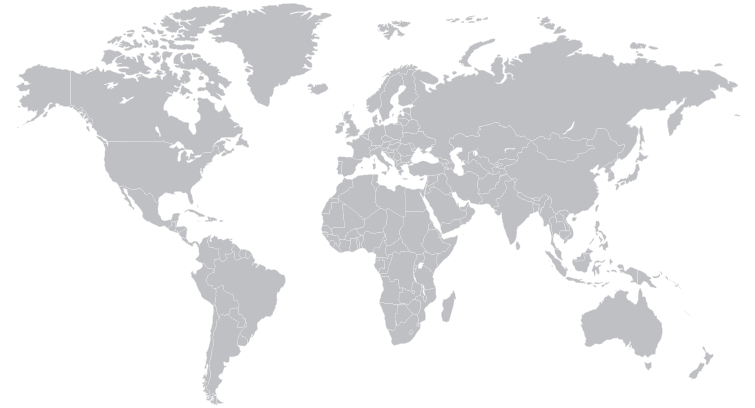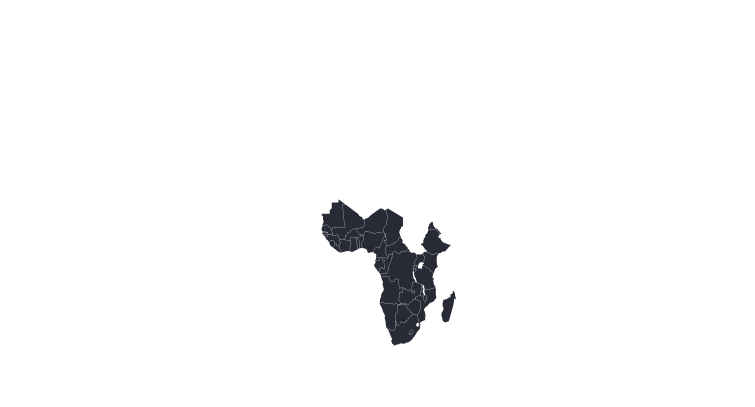Actor
Burundi – Central Bank of Burundi
By virtue of its statutes, the BRB’s fundamental mission is to define and implement a monetary and exchange rate policy. To this end, it ensures the maintenance of monetary stability and the pursuit of a credit and exchange policy conducive to the harmonious development of the country’s economy (art. 6 of Law No. 1/34 of December 2, 2008 ).
In this context, it performs several functions grouped as follows:
1. Issue of currency
The BRB enjoys the exclusive privilege of issuing banknotes and minting metal coins, which are denominated in francs and have sole legal discharge power on the territory of the Republic (art. 25 & 26).
The monetary unit of the Republic is the Burundi franc (BIF), the value of which in relation to other currencies is determined by the weighted average of the rates applied to the transactions of purchase and sale of currencies carried out the day before by the commercial banks. .
2 . Conduct of monetary and credit policy
The BRB conducts monetary policy (Art. 14 to 16) using instruments that act on certain monetary aggregates. After exercising direct control over money creation through credit supervision and interest rate regulation, the Bank introduced indirect instruments based on market mechanisms in the allocation of credit by financial institutions and the determination of interest rates by the latter. The Bank fixes in particular the rate of its interventions according to the objectives of monetary policy.
3. Banker of financial institutions
The BRB is – like any central bank – the bank of banks. It is the lender of last resort, that is to say that when commercial banks or other financial institutions no longer have enough liquidity to grant loans they can resort to it, either to rediscount commercial bills or to solicit advances against security deposits for commercial securities or treasury bills (Art.23).
4. Prudential supervision
The BRB is the body responsible for regulating banking activity in Burundi. It is she who approves and regulates the activity of commercial banks, the Urban Housing Promotion Fund and microfinance institutions (Art. 21). The Central Bank also has the mandate to promote an efficient, stable and secure payment system (Art. 24).
5. Cashier, Banker and State Counselor
As State cashier (Art. 31), the BRB keeps the Treasury accounts in its books and executes the latter’s cash operations.
The BRB is also called upon, under articles 32 to 34 of the statutes, to exercise the role of State Banker.
Finally, as responsible for the regulation of exchange and the control of money and credit, the BRB plays the general role of advising the Government on all problems relating to these areas and to the economy in general (article 66 ).
6. Exchange management and control
The BRB is responsible for holding and managing the country’s foreign exchange reserves and can buy or sell gold. As such, it is empowered to issue regulatory texts relating to foreign currency transactions, a role commonly called “Regulation and exchange control” (art. 19 & 20).









